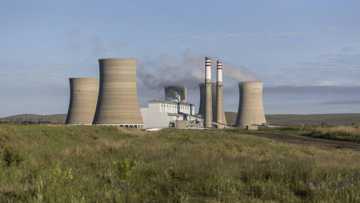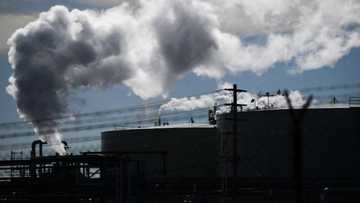Nations negotiate terms of plastics treaty in Nairobi
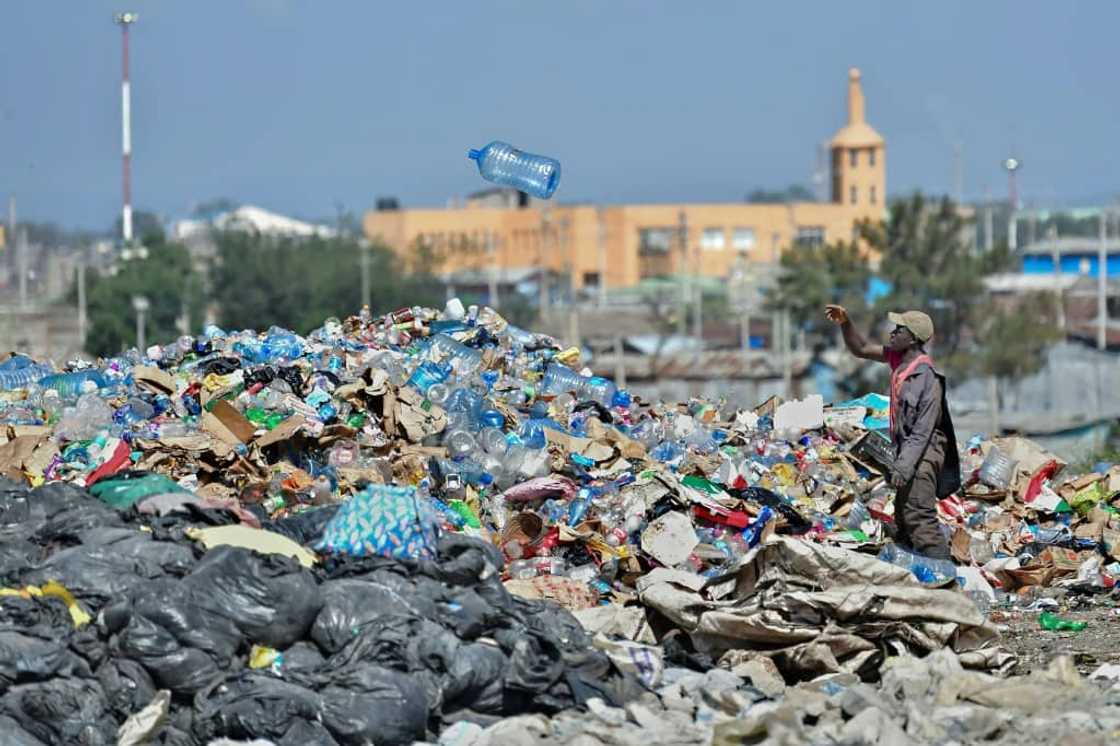
Source: AFP
PAY ATTENTION: Briefly News WhatsApp Channel - Breaking News on the Go - FOLLOW NOW
The latest negotiations towards a global treaty to combat plastic pollution opened in Nairobi on Monday, with tensions expected as nations tussle over what should be included in the pact.
Some 175 countries agreed last year to conclude by 2024 a UN treaty to address the plastic blighting oceans, floating in the atmosphere, and infiltrating the bodies of animals and humans.
While there is broad consensus a treaty is needed, there are very different opinions about what should be in it.
As the talks formally opened, Peru's Gustavo Meza-Cuadra Velasquez, chair of the forum's intergovernmental negotiating committee, warned that plastic pollution posed "a direct threat to our environment, human health, and the delicate balance of our planet."
"We have the collective power to change this trajectory," he said.
Negotiators have met twice already but the November 13-19 talks are the first to consider a draft text of the treaty published in September and the policy options it contains.
PAY ATTENTION: Follow Briefly News on Twitter and never miss the hottest topics! Find us at @brieflyza!
Around 60 so-called "high ambition" nations have called for binding rules to reduce the use and production of plastic, which is made from fossil fuels, a measure supported by many environment groups.
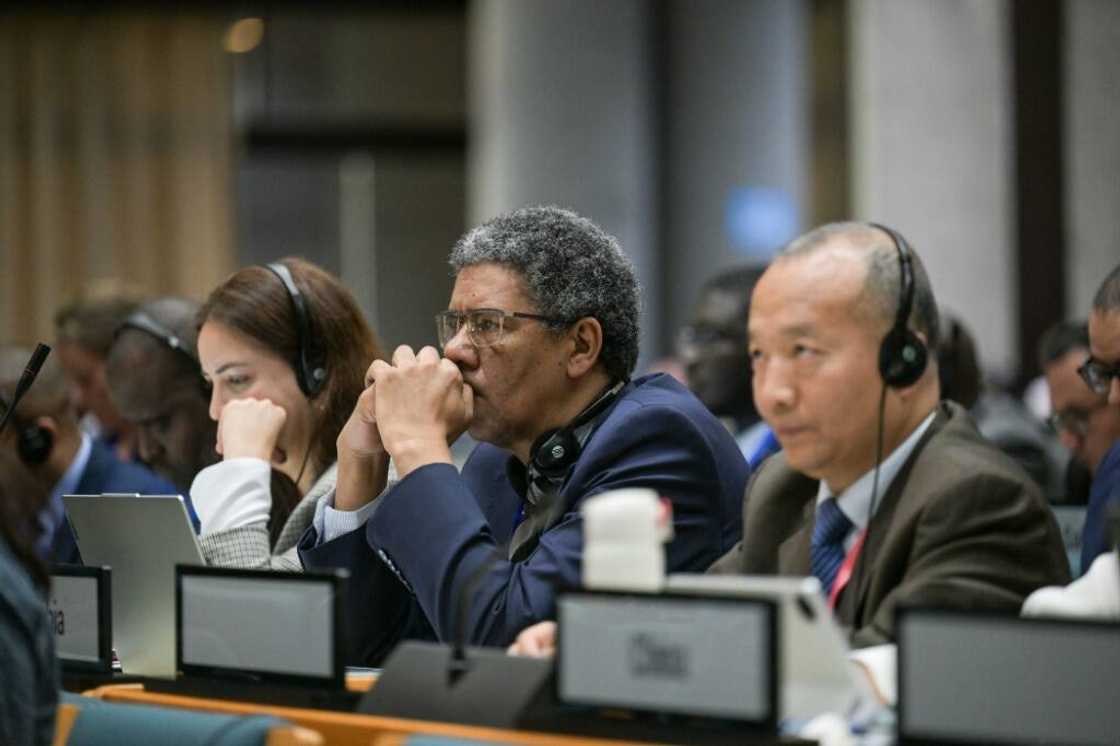
Source: AFP
It is not a position shared by many plastic-producing economies, including the United States, which have long preferred to focus on recycling, innovation and better waste management.
The draft presenting the various ways forward will form the basis for the high-stakes deliberations at the UN Environment Programme (UNEP) headquarters in Nairobi.
With more than 2,000 delegates registered, and advocates from environmental and plastic groups also in the room, the negotiations are expected to get heated as the details are hammered out.
Hundreds of climate campaigners, waving placards reading "Plastic crisis = climate crisis", on Saturday marched in Nairobi calling for the talks to focus on cutting the amount of plastic produced.
Kenyan President William Ruto described plastic pollution as "an existential threat to life, to humanity and everything in between."
"To deal with plastic pollution, humanity must change. We must change the way we consume, the way we produce, and how we dispose (of) our waste."
Call for urgency
The meeting to debate the future of plastic comes just before crucial climate talks in the oil-rich United Arab Emirates later this month, where discussions over fossil fuels and their planet-heating emissions are due to dominate the agenda.
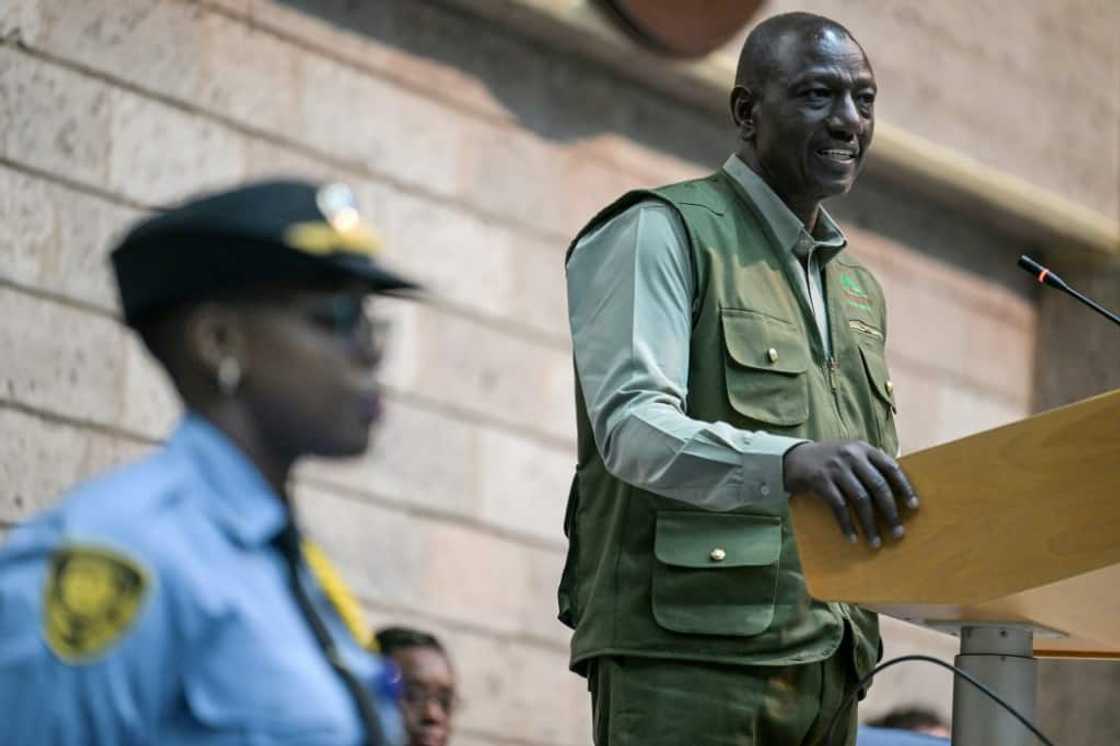
Source: AFP
As in the UN negotiations on climate and biodiversity, financing is a key point of tension in the plastic talks.
Rich economies have historically polluted more -- and for years exported trash for recycling to poorer nations, where it often winds up in the environment.
Some developing nations are concerned about rules that might place too great a burden on their economies.
Environment groups say the strength of the treaty depends on whether governments commit to capping and phasing down plastic production.
Plastic production has doubled in 20 years and in 2019, a total of 460 million tonnes of the stuff was made, according to the OECD.
Despite growing awareness of the problem surrounding plastic, on current trends, production could triple again by 2060 without action.
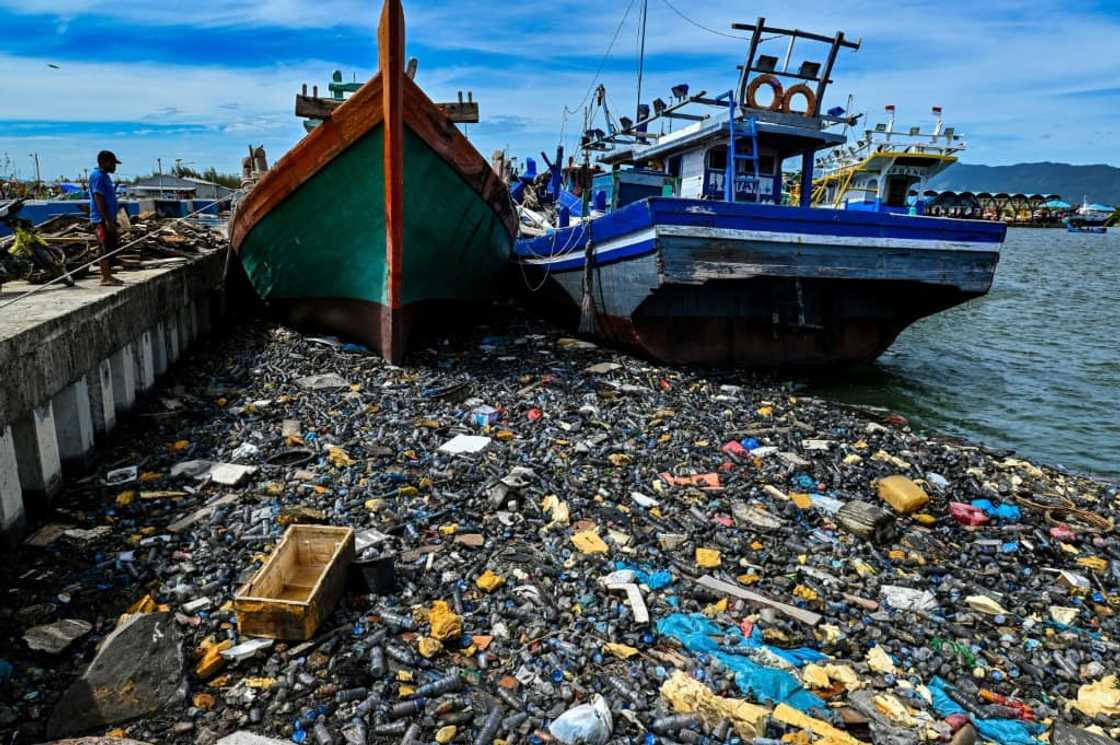
Source: AFP
Around two-thirds of plastic waste is discarded after being used only once or a few times, and less than 10 percent is recycled, with millions of tonnes dumped in the environment or improperly burned.
The Nairobi meeting is the third of five sessions in a fast-tracked process aiming to conclude negotiations next year so the treaty can be adopted by mid-2025.
Campaigners say delegates in Nairobi must make considerable headway to remain on course and warned against time-consuming debates over procedural matters that caused friction at the last talks in Paris in June.
PAY ATTENTION: Сheck out news that is picked exactly for YOU ➡️ click on “Recommended for you” and enjoy!
Source: AFP

